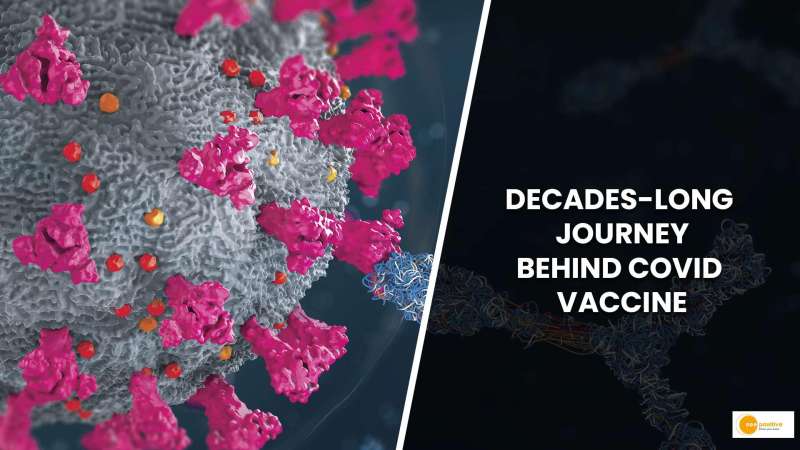Two scientists met while doing photocopying two decades ago, and little did they know that their collaboration would pave the way for the development of effective COVID-19 vaccines.
Dr. Katalin Karikó and Dr. Drew Weissman, based in the United States, were recently awarded the Nobel Prize in Medicine for their pioneering work in the field of mRNA-based vaccines.
Their innovative approach may revolutionize vaccine development, marking a significant milestone in the fight against the deadliest pandemic of the 21st century.
The Journey Begins
In 1998, Dr. Weissman and Dr. Karikó crossed paths unexpectedly while waiting in line to make photocopies. They soon discovered a common focus in their research: cracking the code of messenger RNA (mRNA).
With a shared determination, they decided to collaborate, each contributing their expertise to advance the field of mRNA research.
Challenges and Setbacks
Traditional vaccines are created by injecting weakened or inactivated forms of the pathogen into the body, a process that can take years to develop and faces numerous challenges.
Despite facing funding constraints and encountering obstacles along the way, Weissman and Karikó persevered in their research on mRNA. Their goal was to find a better way to develop vaccines that could be more efficient and adaptable.
Breakthrough
Their breakthrough moment came in 2005 when they successfully demonstrated that a modification to a specific block (nucleoside) of mRNA could activate the immune system effectively without posing any risks to the recipient.
This discovery was a game-changer, as it allowed the delivery of mRNA into the body in a safe and efficient manner, with no associated risks.
The Impact on COVID-19
The mRNA technology developed by Weissman and Karikó served as the foundation for Pfizer-BioNTech’s COVID-19 vaccine. Clinical trials showed that the vaccine was 95% effective in preventing COVID-19 infection.
In December 2020, Weissman and Karikó received their first doses of the vaccine, eager to demonstrate to the world the significance of their groundbreaking molecular discovery in saving humanity.
In 2023, the Nobel Prize in Medicine was awarded to two American scientists, Dr. Katalin Karikó and Dr. Veisman.
Conclusion:
The journey of Dr. Katalin Karikó and Dr. Drew Weissman, from a chance meeting at a photocopy machine to Nobel Prize laureates, is a testament to their unwavering dedication and determination.
Their innovative mRNA technology has not only revolutionized vaccine development but has also played a crucial role in the global fight against the COVID-19 pandemic.
It serves as a shining example of how scientific collaboration and persistence can lead to groundbreaking advancements for the benefit of humanity.


